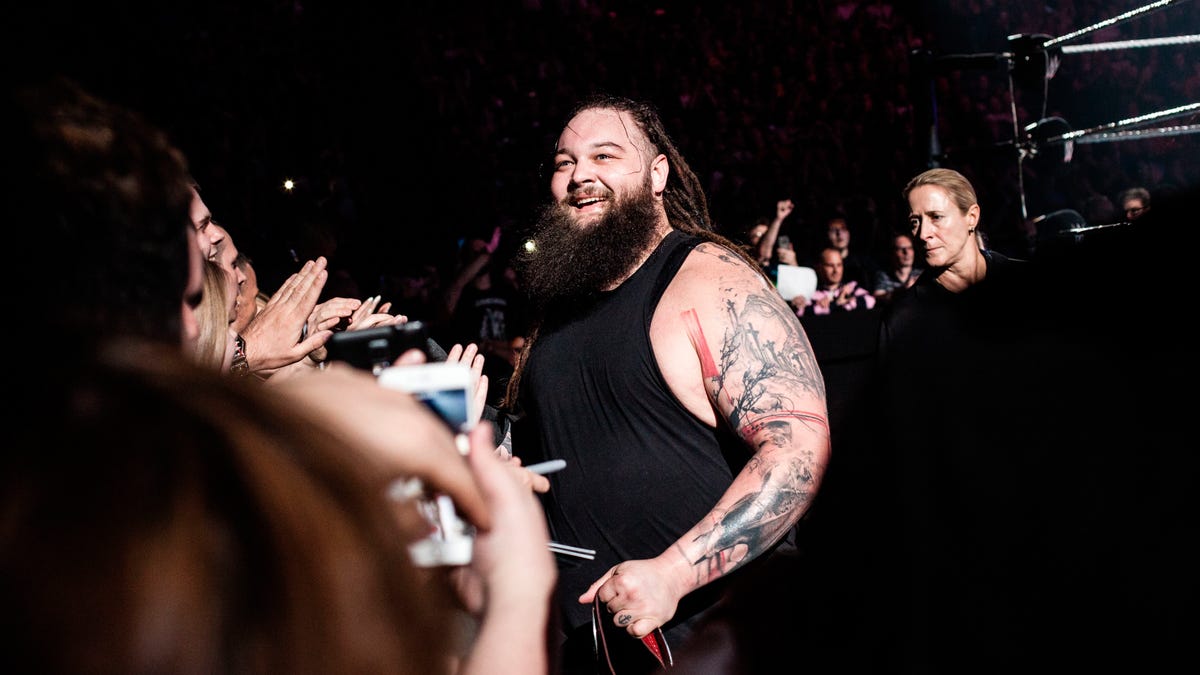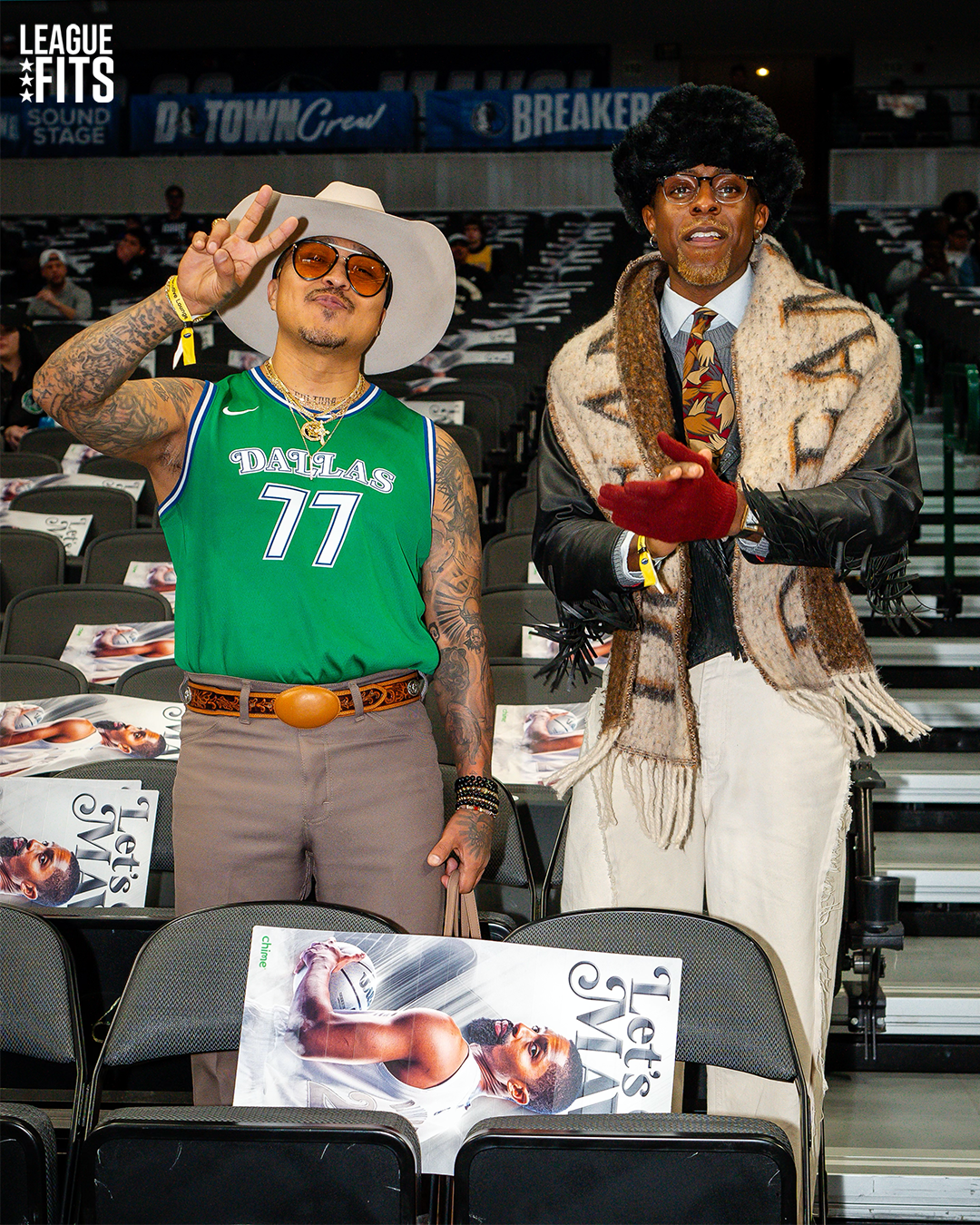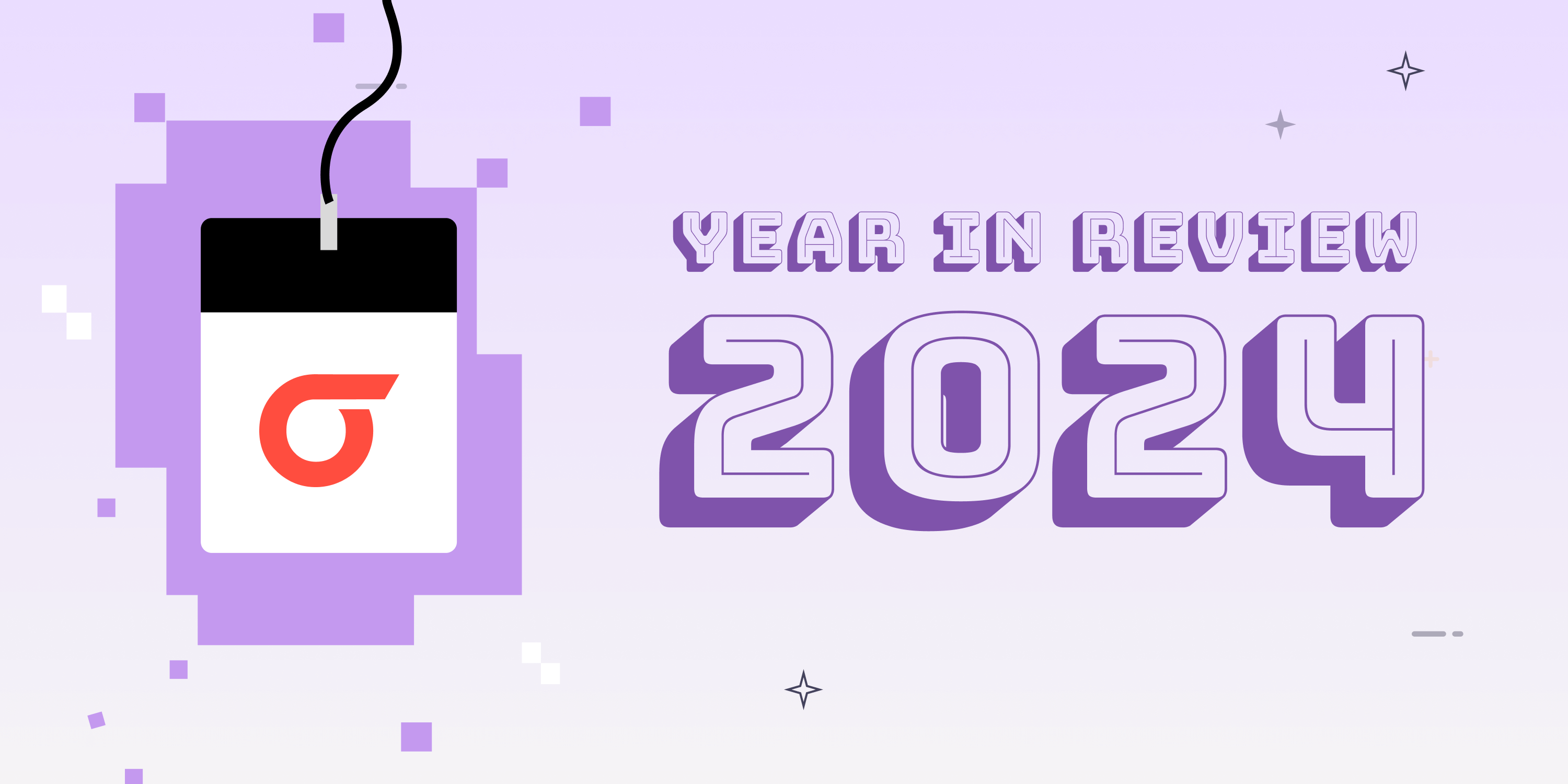It’s been a rough week for wrestling and its fans. One day after the institution of Terry Funk was lost, perhaps the most creative and certainly one of the most unique minds passed, Bray Wyatt, at the unfair age of 36.
What will be remembered about Wyatt more than anything was that in a company like WWE, where a good portion of the time everything feels the same and formulaic, he always stood out as something completely different. Wyatt’s ideas, on paper, must’ve sounded miles beyond where the buses don’t run, and yet he was able to get them all not just on screen but to work and be a hit with fans. Whether it was the macabre, or the ridiculous, or the silly, Wyatt’s segments were like nothing else on WWE TV.
It started with his bayou shaman the Eater Of Worlds, with his cohorts Luke Harper (aka Brodie Lee) and Eric Rowan forming the Wyatt Family, and they were utterly terrifying. Their feud with the Shield hit the heights and introduced six-man matches back to the company and seemed a genuine clash of supernatural forces, one drawing from the supernatural in the Wyatts and the other just having an unbeatable aura. While a lot of wrestling can be cartoonish — and that’s mostly the point, or the characters are pretty basic — the Wyatt Family was genuinely scary and haunting. Whatever nerve they hit, be it buried Deliverance shpilkes or someone who’d just read Preacher one too many times and transported us all to Angelville, whenever they appeared they turned the arena into a horror movie that left you unsure if you were supposed to dive behind the couch or not.
And then he pivoted, and provided the Firefly Funhouse, essentially if Pee Wee Herman overdosed on peyote. The weekly segments, Wyatt’s “children’s show,” were consistently the highlight of every show because most of us couldn’t figure out what the hell was going on. And when we did, we certainly didn’t know where it was going. Of course, that persona came with the alter-ego of The Fiend, a debut that remains as raucous as anything WWE has rolled out in a couple decades:
Rarely, maybe not ever, has wrestling Twitter and fandom united so quickly on something as when The Fiend entered the arena, carrying a lantern designed to look like Wyatt’s own head and the utterly terrifying mask. The Fiend was immediately just about everyone’s favorite character, and the fact that WWE didn’t really know what to do with him was hardly Wyatt’s fault. Again, it felt like Wyatt had created something supernatural.
The pandemic didn’t help, but it did provide the perfect forum for Wyatt to go run a full fly pattern with his ideas and creativity. With WWE willing to try anything for a behind-closed-doors Wrestlemania, Wyatt along with John Cena produced one of the better pieces of absurdist/surrealist television one could find anywhere with the Firefly Funhouse Match. Within it, Wyatt was able to basically dissect everything wrong with the constant push Cena had been given his entire career, the hole at the center of it, and flay Vince McMahon’s booking style without Vince noticing (it was hardly shocking that McMahon simply didn’t get that he was being mocked):
It went a bit off the rails from there, as crowd-less wrestling kind of pushed everyone to a breaking point. Wyatt was eventually let go, and his stubbornness and dedication to doing things how he wanted and how he saw them was cited as making him out as an easy target for McMahon’s cuts.
When Triple H took over, he at least realized that Wyatt’s bubbling creative mind was too rich to leave out in the cold. The actual return still brought a huge pop, aided by all the easter eggs in the weeks leading up to it via hidden VR codes during backstage segments or references to a white rabbit. And the pop when he appeared finally:
His first feud with LA Knight got shrouded in WWE bullshit-marketing, and certainly Wyatt may have overdone it, though it certainly hasn’t done Knight any harm. And Wyatt never got a chance to recover to connect it to anything else before getting sick.
No one did theatricality like Wyatt, all the more impressive in a setting that kept its theatricality on the rote level. In a promotion that almost always stays down the middle to please sponsors or toy companies, Wyatt not only lived on the edges but kept pushing them farther out. He made you feel things that were rare on a wrestling show (and he could also really go in the ring, which tied it all together). He earned two of the biggest stages a wrestler can get, a Mania match with Cena and the Undertaker, and seemed a real threat in both (and perhaps the company should have pulled the trigger on one of those).
At 36 it’s such a loss, given how much he assuredly had left to give in wrestling and in life to his young family. Fans could never take their eyes off Wyatt, perhaps the biggest compliment any wrestler can get. No matter how far he took us out into the deep water, we always went with him.
Follow Sam on Twitter @Felsgate and on Bluesky @felsgate.bsky.social





















Discussion about this post